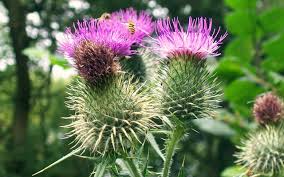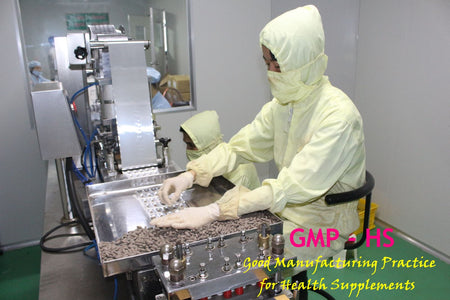Milk Thistle for Liver Disease
Milk Thistle is a plant native to the Mediterranean. This plant contains a valuable compound called Silymarin, which is used to treat liver diseases.
This herb is the best for treating liver disease compared to other common herbs. In fact, in cases of food poisoning that cause liver damage, milk thistle is the only treatment option. Its effectiveness is unquestioned, even in traditional medicine.
Milk thistle works similarly as a detoxifier for other synthetic chemicals, from acetaminophen to alcohol or heavy metals and radiation.
Milk thistle contains an active ingredient called silymarin. This active ingredient, which is actually a group of compounds called flavonolignands, works to repair liver cells damaged by alcohol and other toxins by stimulating protein synthesis. By changing the outer layers of liver cells, it also eliminates certain toxins from within. Silymarin also promotes liver cell growth. It has been shown to reduce inflammation in people with hepatitis, and is a powerful antioxidant. This antioxidant can protect the body's cells from damage caused by a chemical process called oxidation.

This herb is used for anyone with liver dysfunction or exposure to toxic chemicals.
Alcoholic liver disease
A recent comprehensive review by the Agency for Healthcare Research and Quality (AHRQ) identified 16 scientific studies involving the use of milk thistle to treat various forms of liver disease. In these studies, a standardized European extract of milk thistle was used in most of the trials. Problems with the studies (such as small numbers of participants, variations in the cause of liver disease, and differences in dosage and duration of treatment) make it difficult to draw any definitive conclusions. However, five of the seven studies investigating the effects of milk thistle on alcoholic liver disease demonstrated significant improvements. The patients who participated in the trials showed significant improvements. Milk thistle was less effective in patients with severe liver disease, such as cirrhosis. Cirrhosis is the result of long-term damage that is difficult to reverse. It is often referred to as end-stage liver disease.
Hepatitis
Despite the fact that milk thistle is widely used in the treatment of hepatitis (especially hepatitis C), the results obtained from 4 studies of viral hepatitis were mixed. Some people had improvements in liver enzyme activity, while others had no changes. There were no studies comparing milk thistle with interferon or other drugs for the treatment of viral hepatitis.
Cancer
Laboratory studies suggest that active ingredients in milk thistle may have anti-cancer effects. One active ingredient called silymarin has powerful antioxidant properties and has been shown to inhibit the growth of prostate cancer, breast cancer, and cervical cancer cells in test tubes.
High cholesterol
Several animal studies have shown that silymarin (an active ingredient in milk thistle) acts as a cholesterol-lowering drug, while also significantly increasing HDL (good cholesterol).
For consultation on processing and production, contact:








